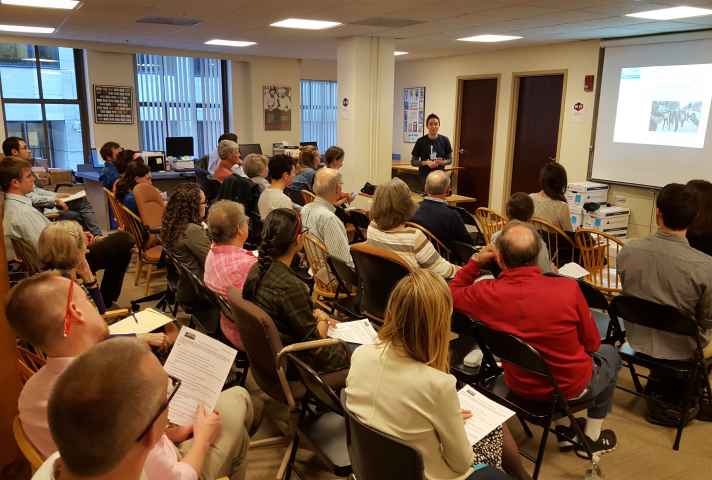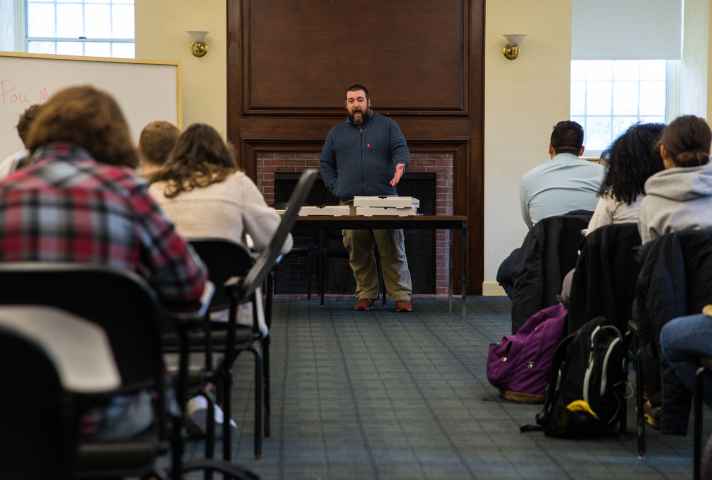Join us to learn how to have an effective meeting with your legislators and advocate for the issues that matter to you! We'll walk you through the legislative process and share how you can help pass key bills to advance and protect civil liberties in Massachusetts.
This event is free, open to the public, and handicap accessible.
For more grassroots lobbying 101 trainings, click here.
Event Date
Wednesday, May 8, 2019 - 6:30pm to8:30pm
Featured image


